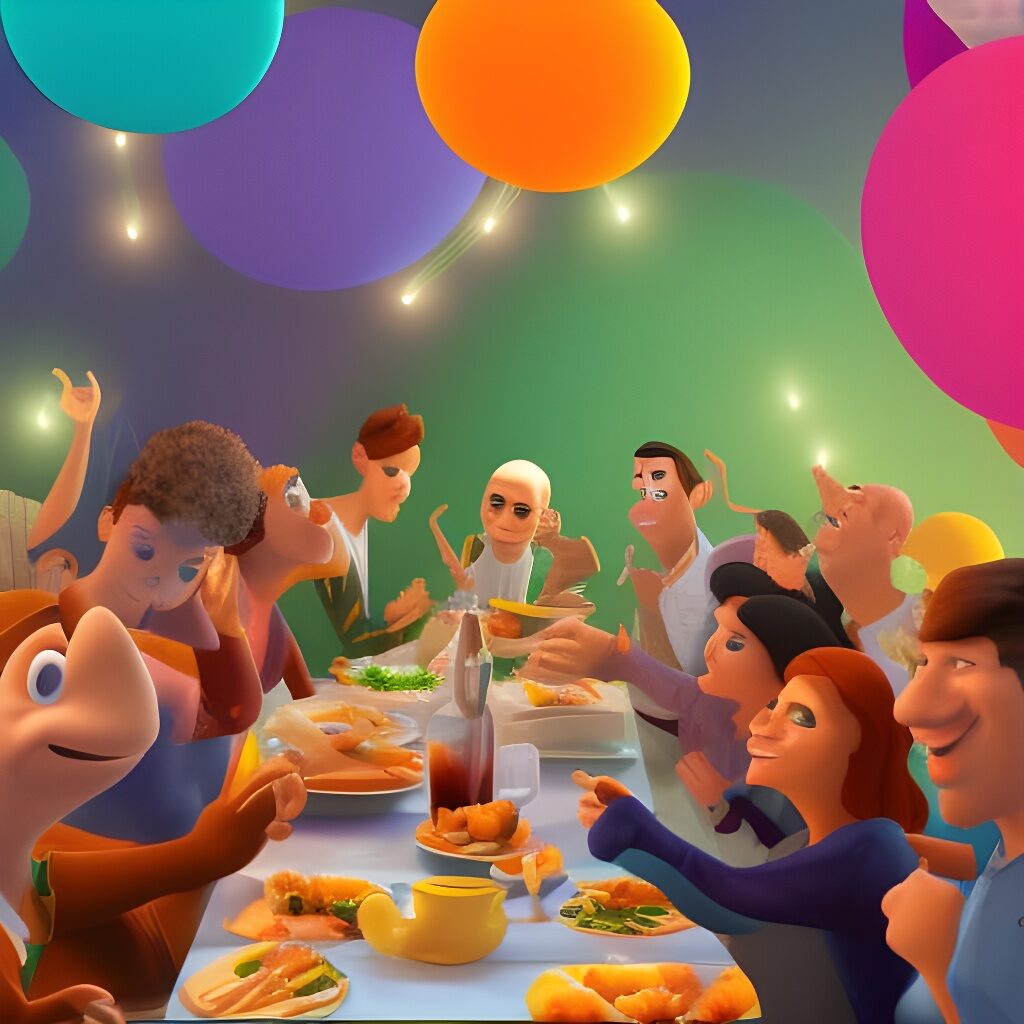Our sense of taste is an integral part of our everyday lives, influencing the foods we choose to eat, the flavors we enjoy, and even the social experiences we share. However, imagine a world where the sense of taste did not exist. How would this impact our relationship with food, and what other consequences would arise? In this blog, we will explore the potential impact of the loss of taste, from changes in diet and social dynamics to the implications for the food industry and our other senses. But what other consequences would arise if humans never had the ability to taste? Join us as we delve into a thought-provoking exploration of a world without taste.
The Mechanism Behind Our Sense of Taste
We have taste buds to help us distinguish between different types of food and identify any potential dangers. Taste buds are located on the tongue, as well as the roof of the mouth and the throat. They contain receptors that detect different flavors: sweet, salty, bitter, sour, and umami (savory). These flavours are detected by the taste buds, which then send signals to the brain to interpret the taste.
A World Without Taste: The Impact on Diet and Food Exploration
Without the sense of taste, food would simply be a source of sustenance rather than a source of pleasure. People would still need to eat to survive, but they would not be able to enjoy the experience of eating. In fact, without the ability to taste, people may even be less likely to eat a varied diet. If everything tasted the same, there would be no reason to try new foods or experiment with different flavors.

The Social Void: How Loss of Taste Would Affect Social Gatherings
Another consequence of not being able to taste would be the loss of the social aspect of food. Dining with friends and family would no longer be a pleasurable experience. Food would no longer be a conversation starter or a way to bond with others. In fact, social gatherings may even become less frequent as people would have no reason to come together over a meal.
The Functional Food Industry: How Tasteless Food Would Alter the Food Industry

In addition, the food industry would be dramatically different if humans never had the ability to taste. Companies would not have to worry about creating products that taste good. Instead, they would focus solely on creating food that is nutritious and provides the necessary nutrients for survival. The emphasis would be on efficiency and functionality rather than taste.
The Connection between Taste and Smell: How Loss of Taste Would Affect Other Senses
Furthermore, the sense of smell is closely linked to taste. In fact, around 80% of what we perceive as taste actually comes from our sense of smell. If humans never had the ability to taste, it is likely that their sense of smell would also be impaired. This would have numerous consequences, including a reduced ability to detect danger (such as the smell of smoke or gas) and a reduced ability to enjoy other sensory experiences (such as the aroma of fresh flowers).
Loss of taste, food, society, and their relationship

In conclusion, the loss of taste would have a significant impact on our relationship with food and the world around us. It would change the way we perceive and interact with the foods we eat, potentially leading to a less varied and less enjoyable diet. It would also have far-reaching social implications, altering the way we gather and connect with one another over meals. Moreover, the food industry would undergo a significant shift in focus, from creating delicious flavours to producing more functional and nutritious products. If humans never had the ability to taste, food would simply be a means of survival rather than a source of pleasure. Social gatherings would lose their appeal, and the food industry would be drastically different. Furthermore, the loss of taste would likely impact other senses, such as smell. While it is difficult to imagine a world without the ability to taste, it is clear that our sense of taste plays a crucial role in our lives and our enjoyment of food.
If you want to gain further knowledge about it, you can purchase the recommended book
